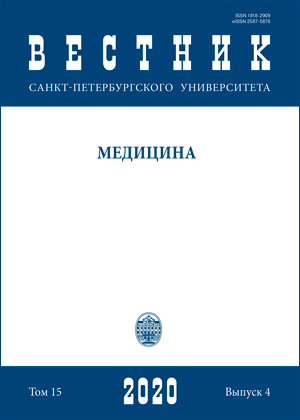Organizational issues of re-socialization in penitentiary psychiatry (analytical review)
DOI:
https://doi.org/10.21638/spbu11.2020.403Аннотация
The article deals with the medical and social rehabilitation and resocialization provision for persons in the space of penitentiary psychiatry. The article analyzes the data of Russian and foreign sources, including the regulatory framework, considers the principles of providing psychiatric care to persons who commit socially dangerous acts (SDA) and suffering from mental disorders. The existing approaches to resocialization and adaptation of persons after serving a sentence in the form of imprisonment in the post-penitentiary space are analyzed. The principles of providing psychiatric care in correctional institutions with the use of regulations governing the appointment and implementation of compulsory medical treatment measures (CMTM) in correctional institutions are noted. The data reflecting the organizational approaches and possibilities of medical and social rehabilitation and resocialization for the studied category of persons on the basis of legal, medical and social criteria are analyzed and presented in the form of the author’s matrix. The need to develop and use tools for online communication based on digital technologies in the process of organizing psychiatric care for the specified contingent of persons is substantiated in order to create conditions for effective medical and social rehabilitation as well as re-socialization in the post-penitentiary space.
Ключевые слова:
mental disorders, penitentiary psychiatry, rehabilitation, re-socialization, digital health, online communication
Скачивания
Библиографические ссылки
References
Загрузки
Опубликован
Как цитировать
Выпуск
Раздел
Лицензия
Статьи журнала «Вестник Санкт-Петербургского университета. Медицина» находятся в открытом доступе и распространяются в соответствии с условиями Лицензионного Договора с Санкт-Петербургским государственным университетом, который бесплатно предоставляет авторам неограниченное распространение и самостоятельное архивирование.




